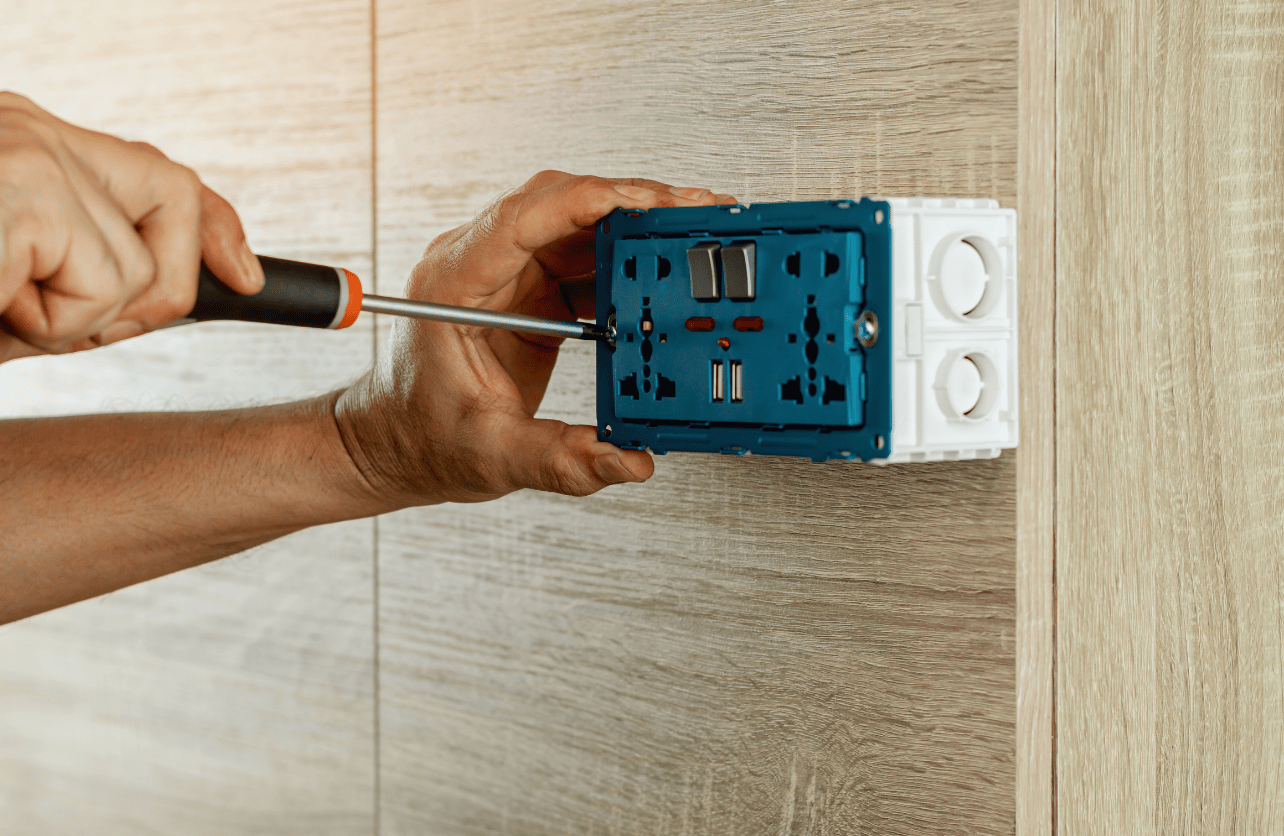Are Most Screwdrivers Shockproof?

Screwdrivers are a staple in every toolbox, but not all are created equal when it comes to safety. If you’ve ever wondered whether your screwdriver can protect you from electrical shocks, it’s important to know the distinction between standard and shockproof models. Let’s dive into the details to understand what makes a screwdriver shockproof and when you might need one.
Are Standard Screwdrivers Shockproof?
Most standard screwdrivers are not shockproof. They are designed for mechanical tasks, such as tightening screws or assembling furniture, rather than for electrical work. These tools lack the necessary insulation to protect users from electrical hazards and should never be used on live circuits. Attempting to do so could result in serious injury or even fatal electric shock.
What Are Shockproof or Insulated Screwdrivers?
Shockproof or insulated screwdrivers are specially designed to protect users when working on or near electrical systems. These tools are built with non-conductive materials and undergo rigorous testing to ensure they can safely handle high voltage.
Key Features of Shockproof Screwdrivers
Non-Conductive Handles:
Insulated screwdrivers feature handles made from materials like fiberglass-reinforced nylon, which do not conduct electricity. This prevents electrical current from reaching your hands.
High Voltage Certification:
These tools are tested to withstand specific voltage levels, often up to 1,000 or 2,000 volts. Certification standards, such as VDE (Verband der Elektrotechnik), ensure that the screwdrivers meet strict safety requirements.
Durability and Comfort:
Shockproof screwdrivers often have ergonomic designs for better grip and prolonged use, making them ideal for electricians and DIY enthusiasts.
When Should You Use a Shockproof Screwdriver?
Shockproof screwdrivers are essential for any task involving electrical systems, such as:
- Replacing outlet covers or switches
- Working on electrical panels
- Installing light fixtures
- Repairing appliances with electrical components
If you’re working on live circuits or in environments where accidental contact with electricity is possible, a shockproof screwdriver is a must-have for your safety.
Popular Options for Shockproof Screwdrivers
A well-known example is the ALLWAY SD41 5-in-1 Lightweight Safety Shockproof Screwdriver, which is UL tested and rated safe for up to 2,000 volts. It is designed for versatile use, including common electrical tasks, and features a lightweight, ergonomic design for added convenience.
Why Standard Screwdrivers Aren’t Safe for Electrical Work
Standard screwdrivers are made of conductive materials like metal and often have bare or semi-conductive handles. Without the insulation provided by shockproof models, electricity can easily travel through the tool and into your body. Using a non-shockproof screwdriver on live wires or electrical components is highly dangerous and should always be avoided.
Tips for Safe Electrical Work
- Always Use Insulated Tools: Ensure your screwdrivers and other tools are rated for electrical work.
- Turn Off Power: Before starting any electrical project, shut off the power supply to avoid live circuits.
- Check for Certification: Look for tools with recognized safety certifications, such as VDE or UL ratings.
- Inspect Your Tools: Regularly check your insulated tools for cracks or damage that could compromise their safety.
Conclusion
While most screwdrivers are not shockproof, specialized insulated models are designed to keep you safe when working with electricity. Whether you’re a professional electrician or a DIY enthusiast, investing in shockproof tools is crucial for tasks involving electrical components. Always prioritize safety by using the right tools for the job and taking necessary precautions. With the proper equipment, you can confidently tackle electrical projects without unnecessary risks.